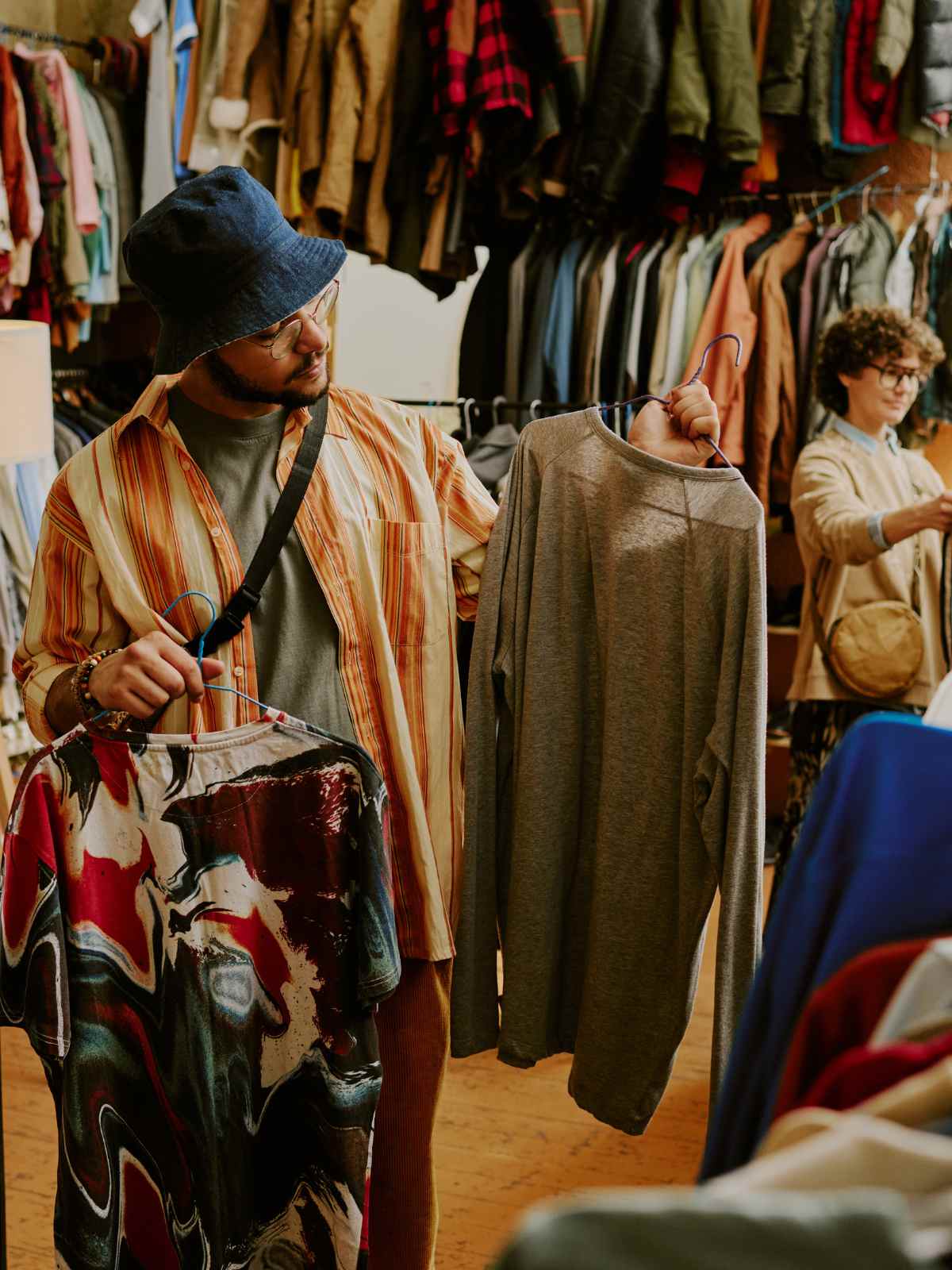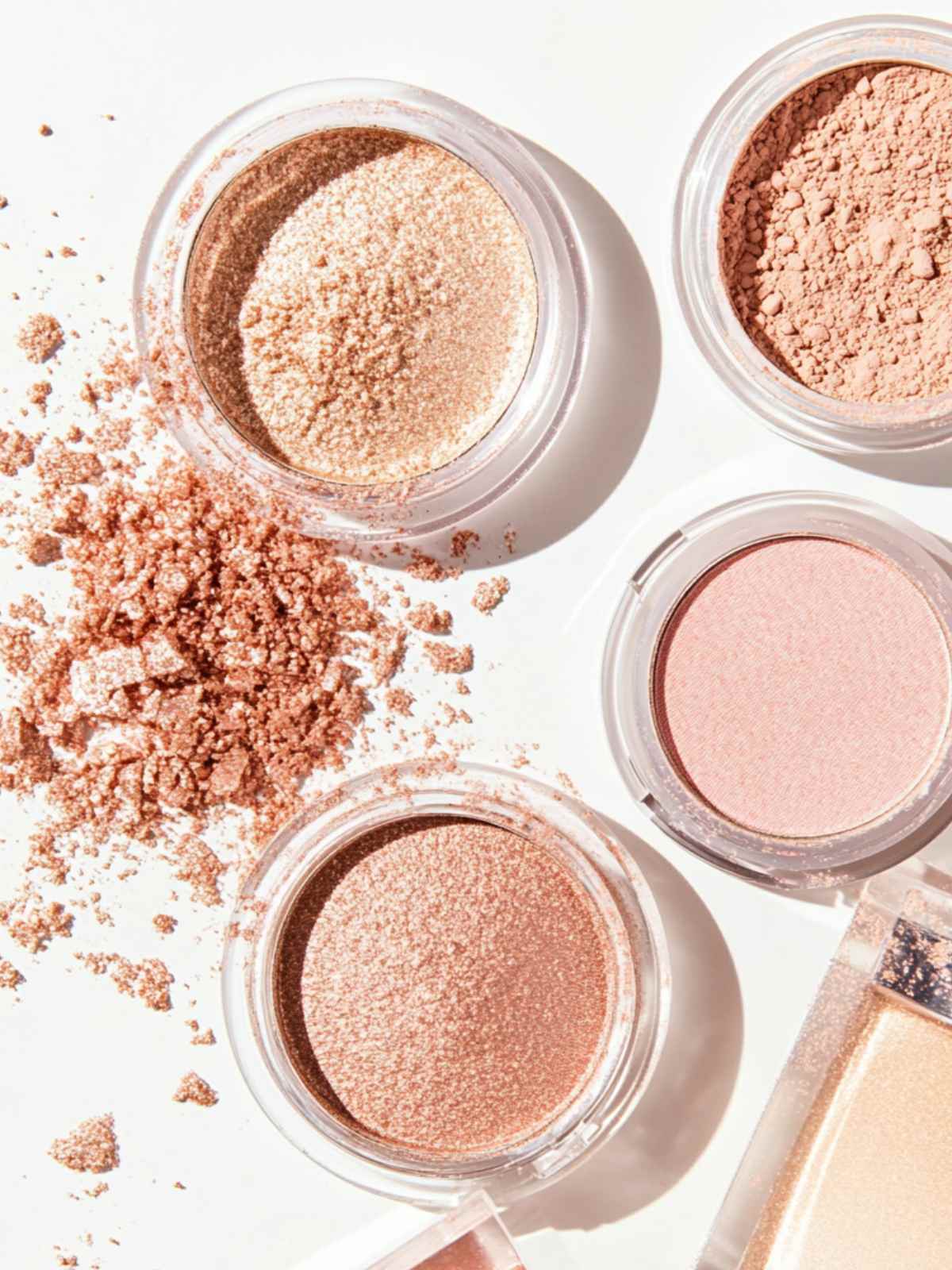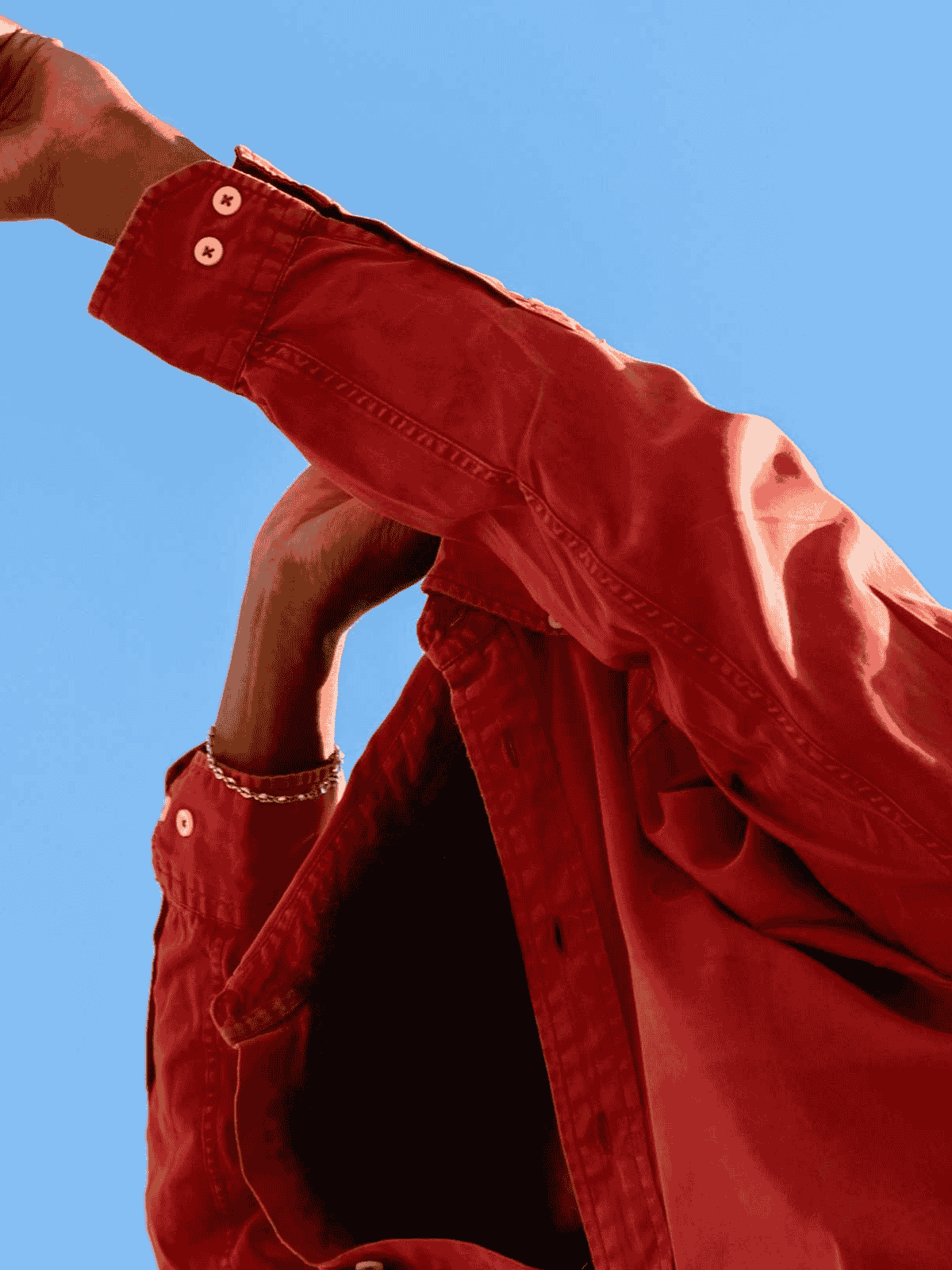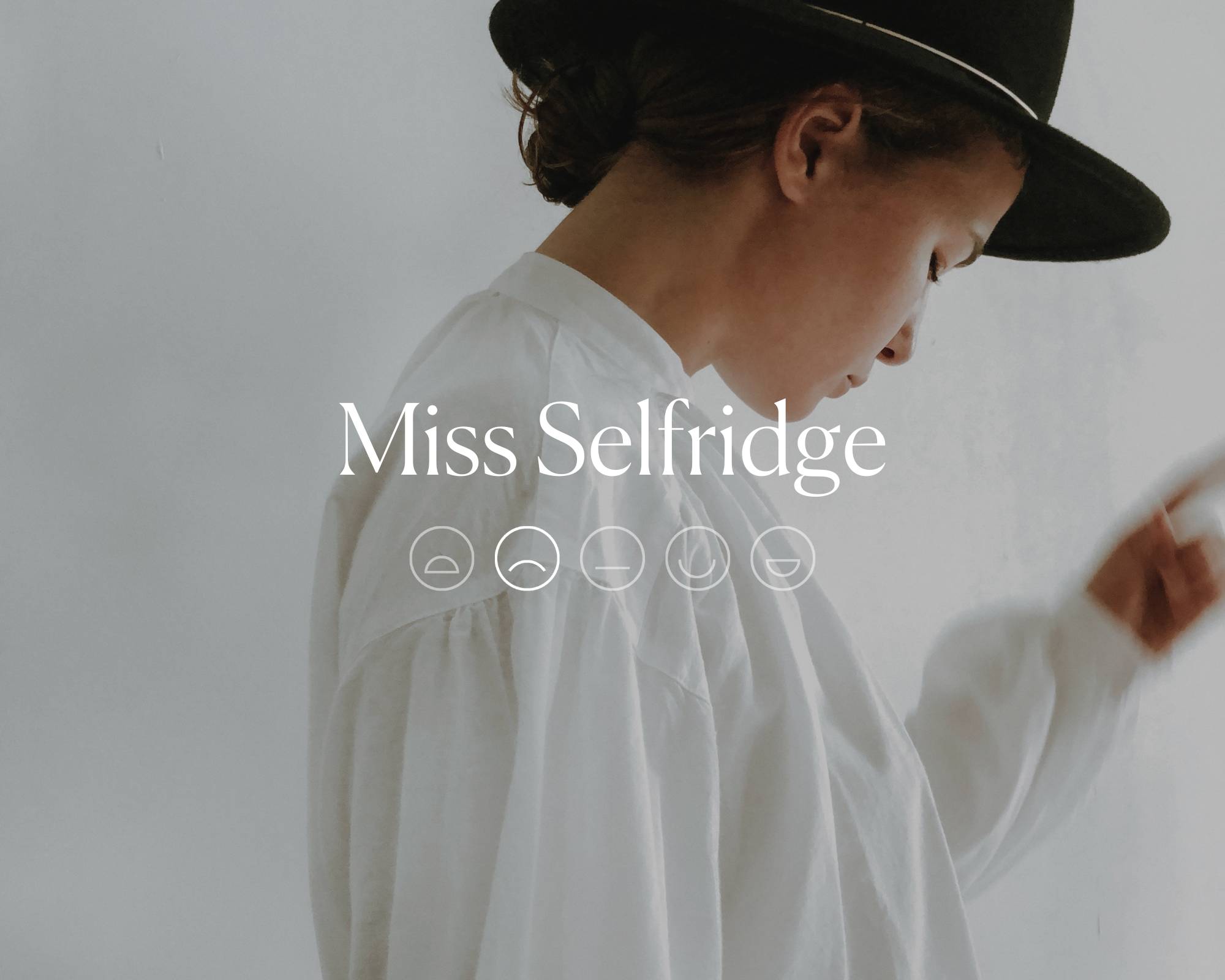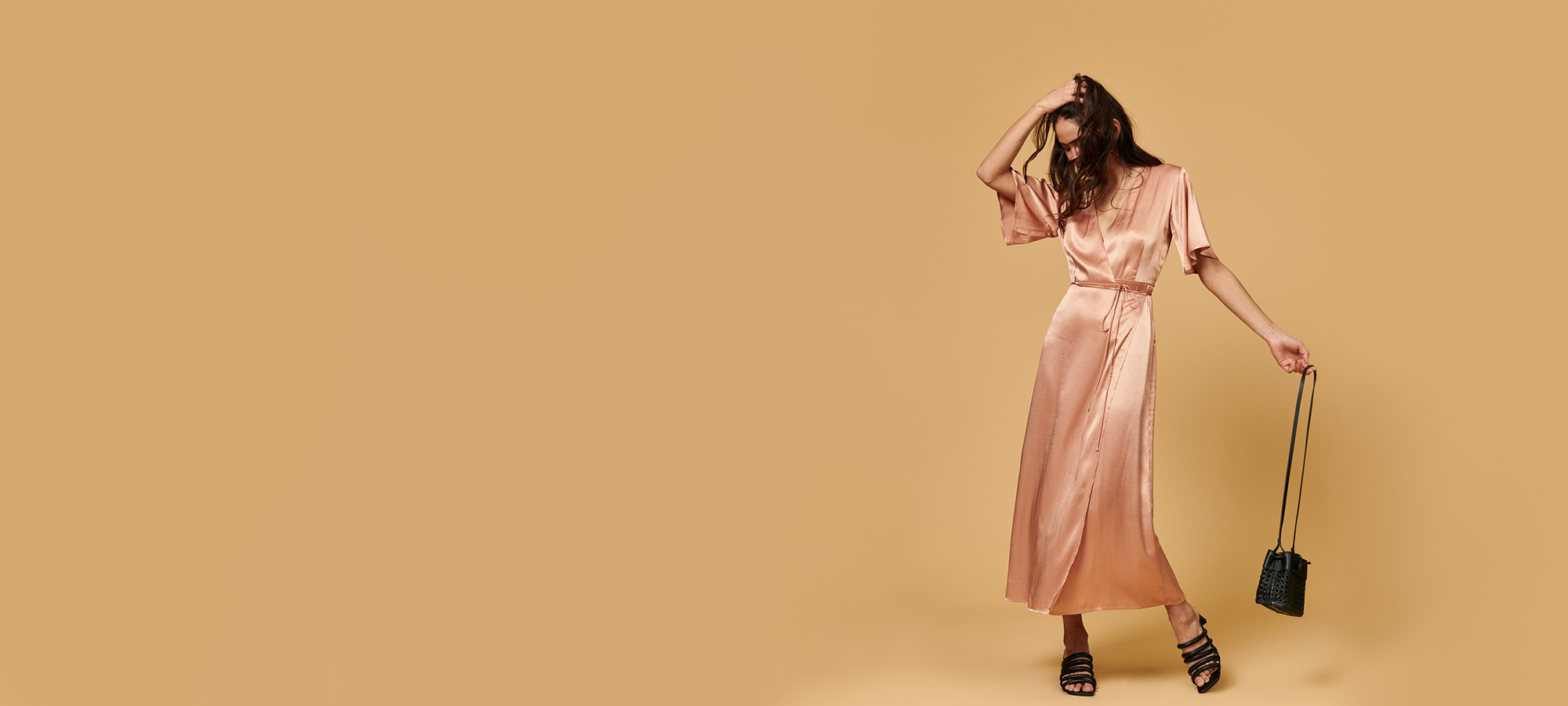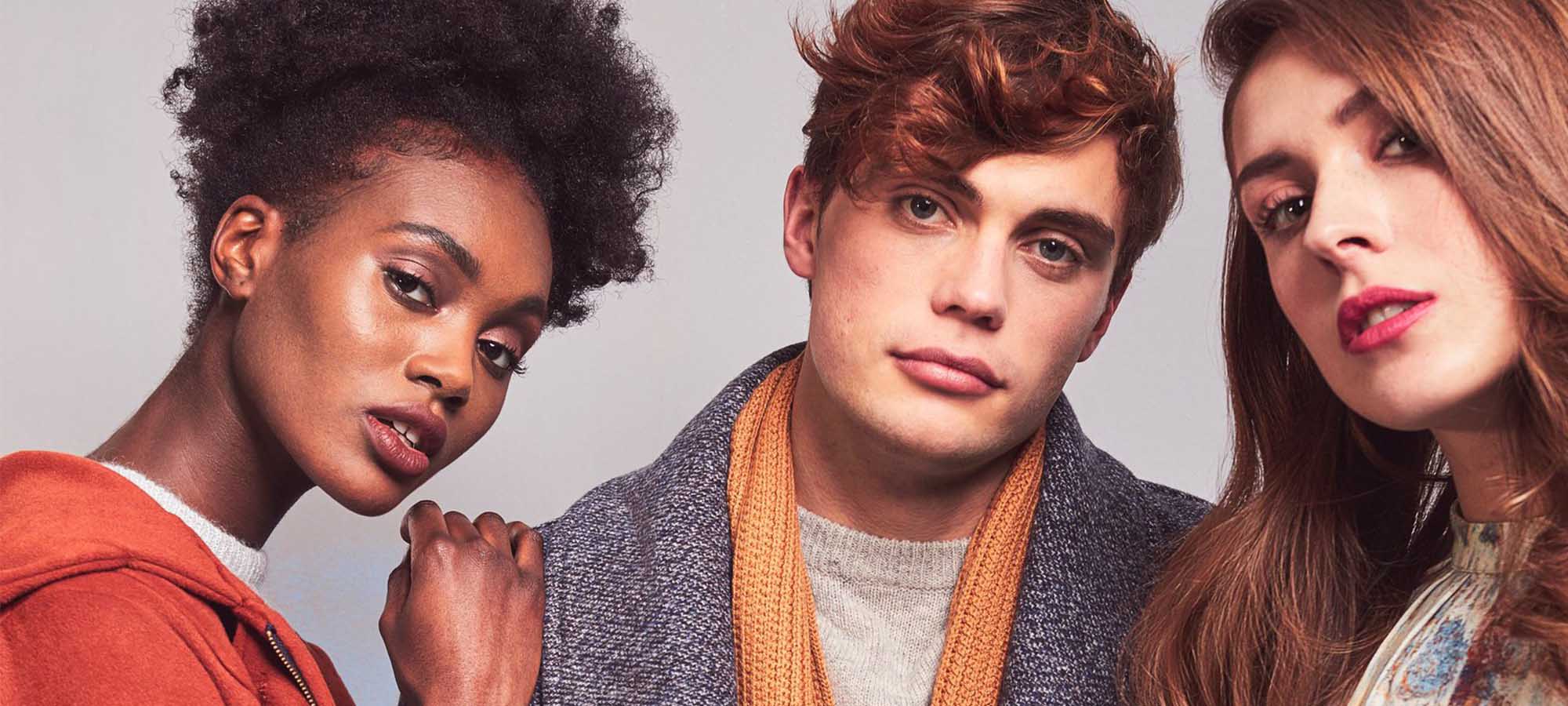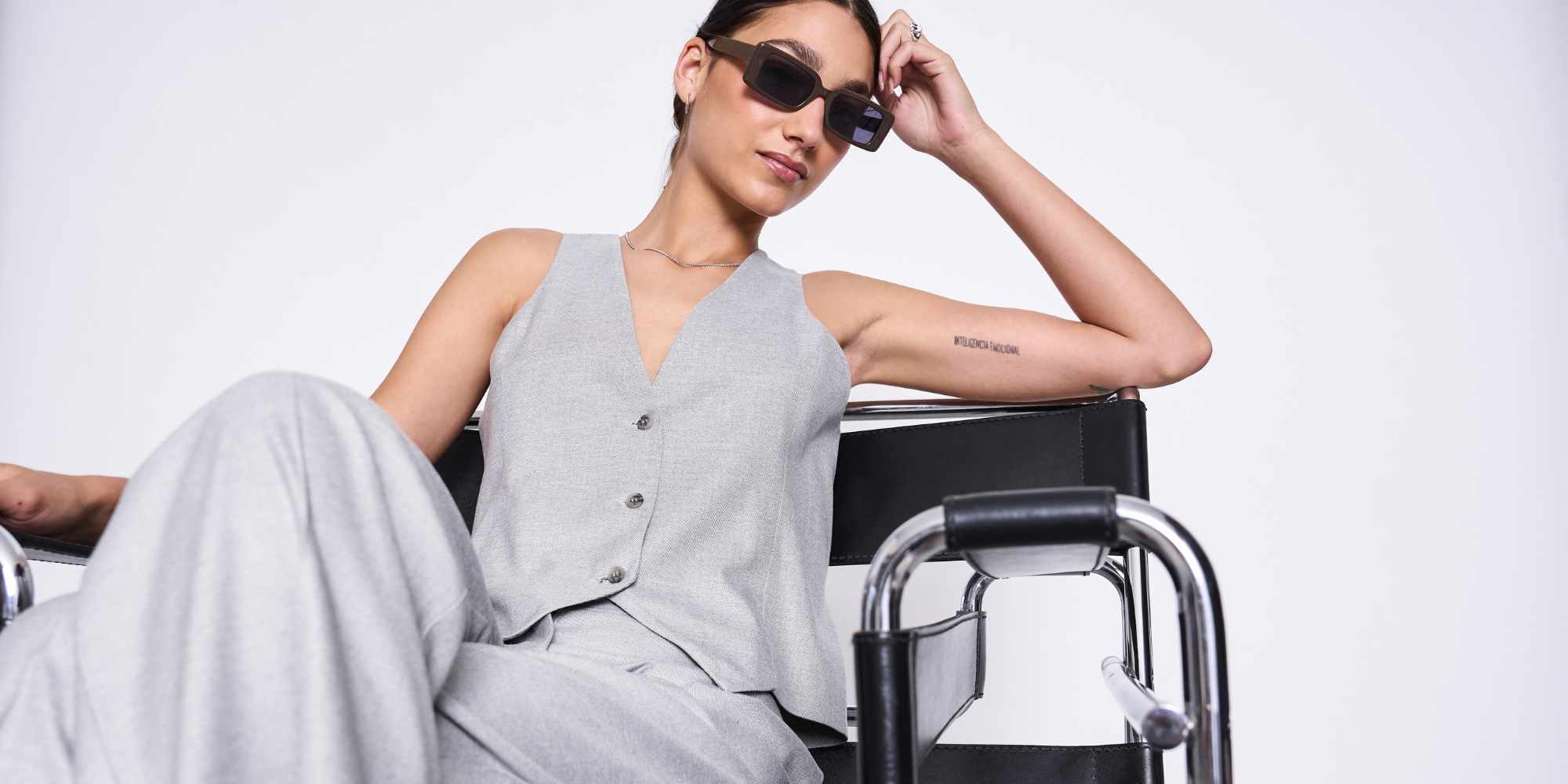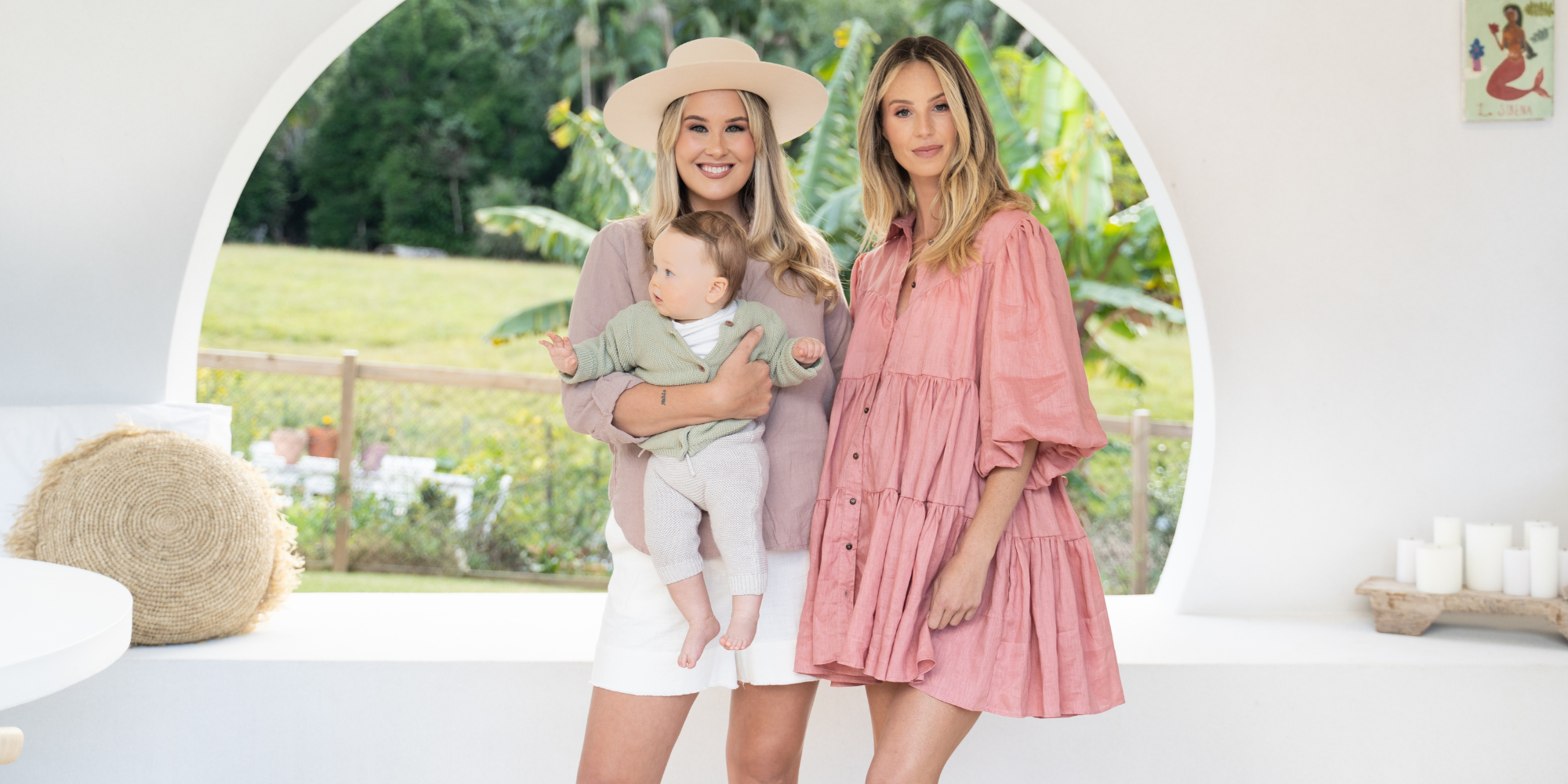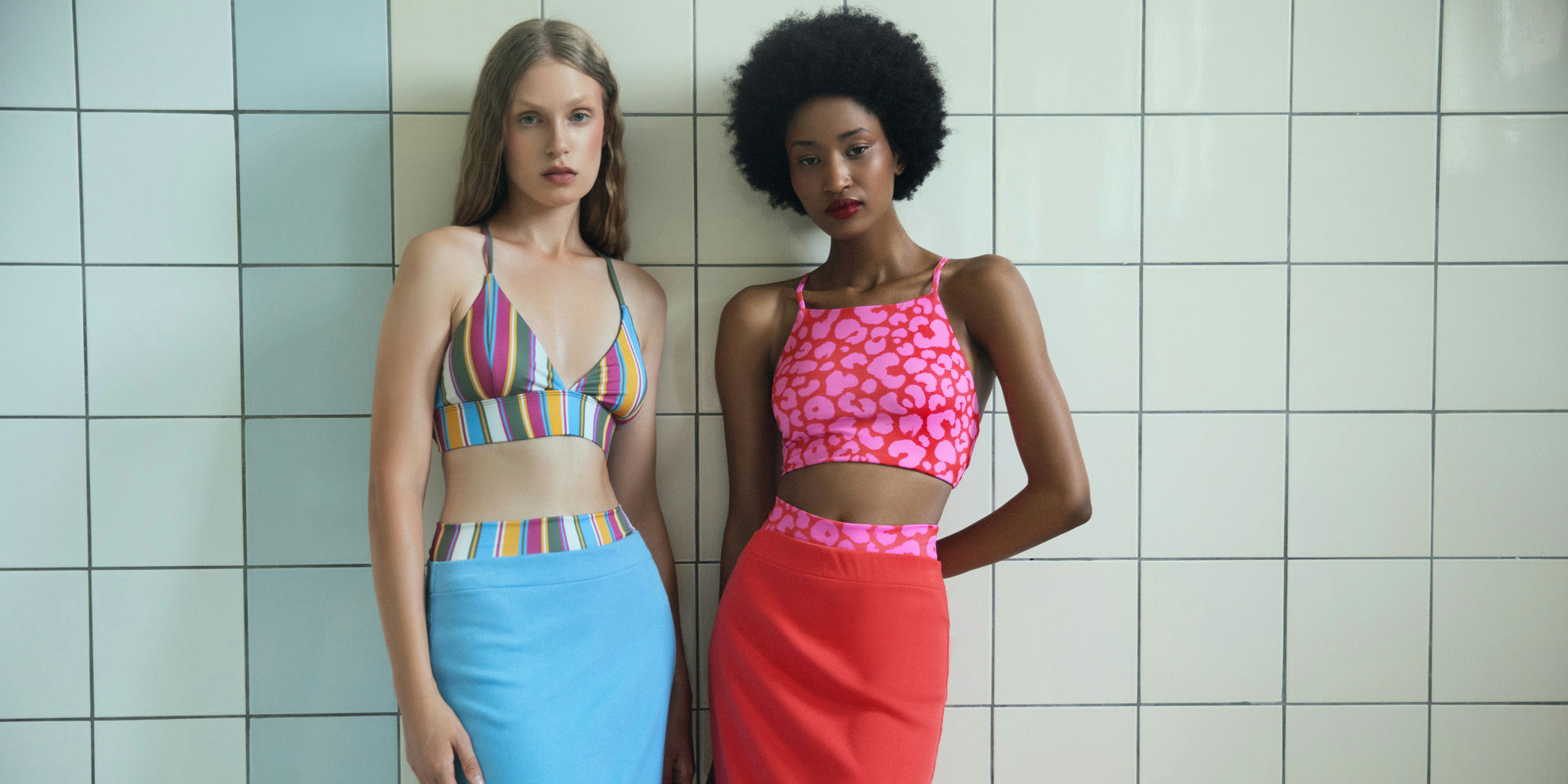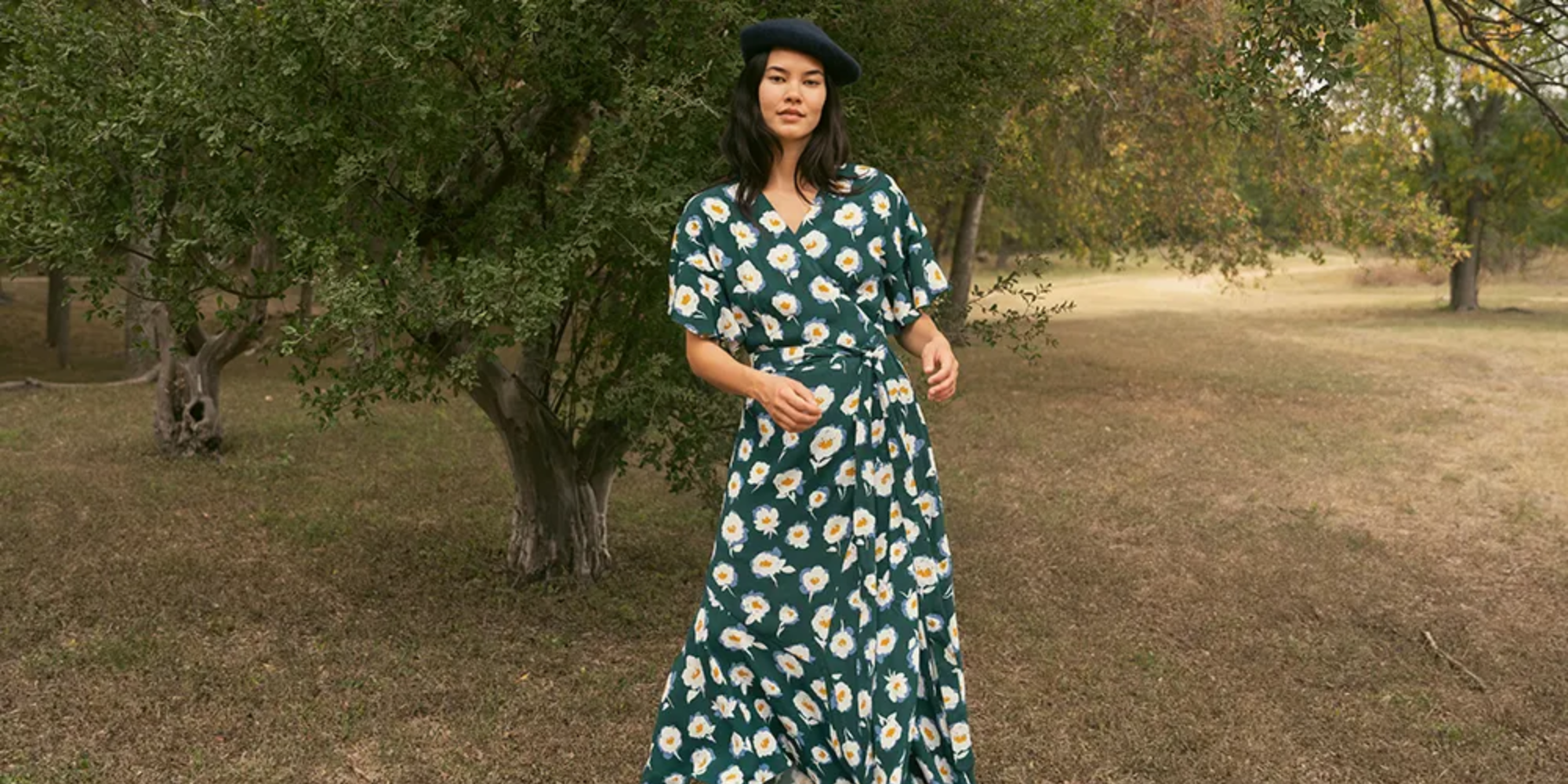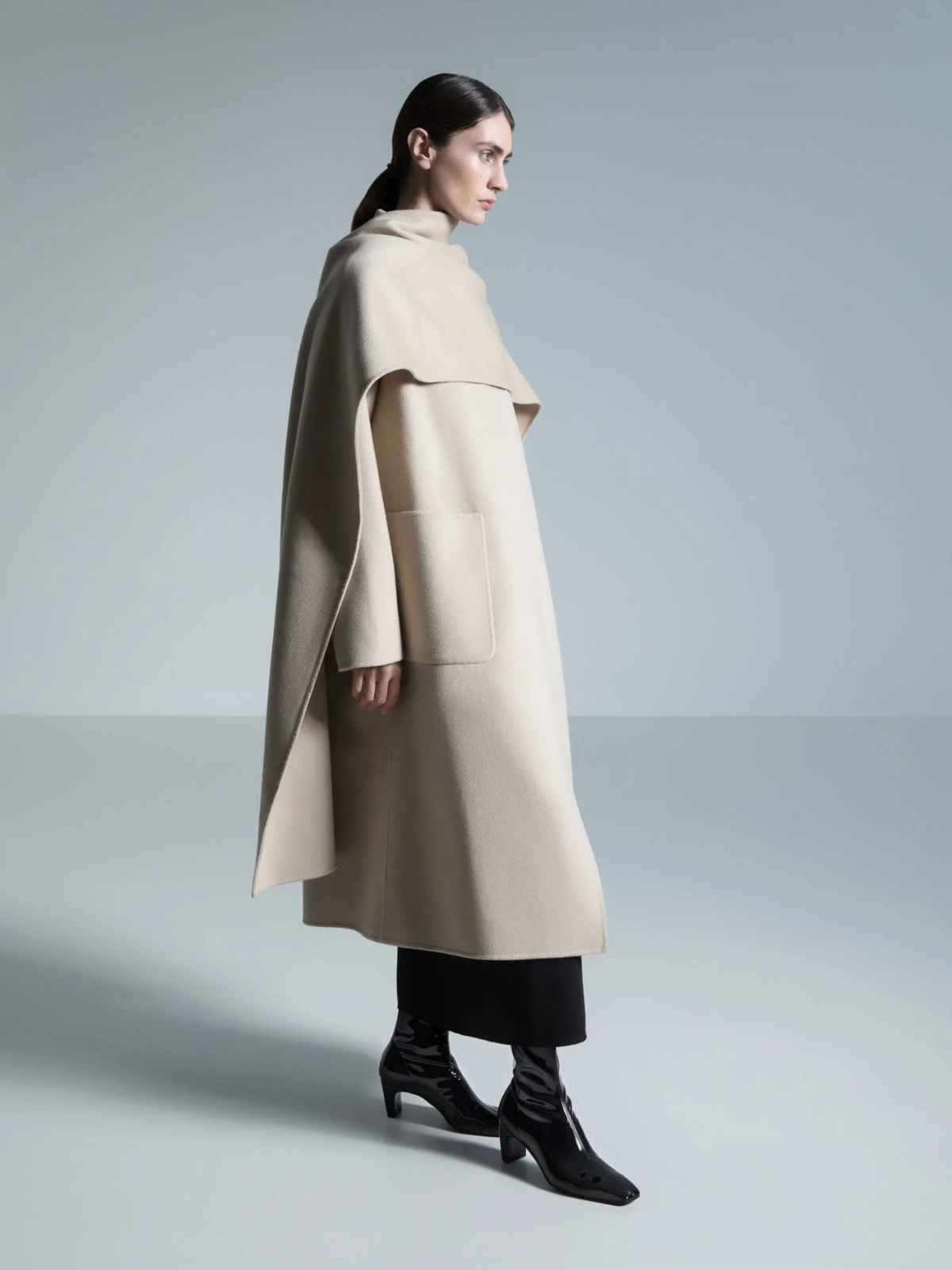Our editors curate highly rated brands that are first assessed by our rigorous ratings system. Buying through our links may earn us a commission—supporting the work we do. Learn more.
Former high street store Miss Selfridge has grown to become one of the UK’s best known labels, before being acquired by ASOS. How ethical is Miss Selfridge now? In this article, we dive into the brand’s “Not Good Enough” rating, which was published in May 2023 and may not reflect claims the brand has made since then. Our ratings analysts are constantly rerating the thousands of brands you can check on our directory.
Miss Selfridge isn’t doing enough
Since 1966, Miss Selfridge has grown from humble beginnings as the youth section of Selfridge’s department store to being one of the UK’s best-known high street labels. It was bought by ASOS in 2021, alongside Topshop, and is now run exclusively online on ASOS.
Before being purchased by ASOS, Miss Selfridge enjoyed global success and boasted over 250 stores worldwide. But its prior owner, the Arcadia Group, was no stranger to controversy, including cancelling over £100m global garment orders amid COVID-19, risking poverty for thousands of supply chain workers.
How is Miss Selfridge doing now? How is the ASOS-owned brand impacting people, the planet, and animals? We ask, how ethical is Miss Selfridge? Let’s have a look.
Environmental impact
We rated Miss Selfridge’s environmental initiatives “Not Good Enough”. The brand uses few lower-impact materials, and we found no evidence it’s taking steps to minimise textile waste and protect biodiversity in its supply chain.
Ultimately, the most worrying part is Miss Selfridge’ business model, which relies on overproducing mass quantities of cheap garments, which then end up in landfills and cause environmental problems around the world.
Labour conditions
Unfortunately, Miss Selfridge also received a score of “Not Good Enough” for its impact on people. First, none of its supply chain is certified by crucial labour standards that help ensure worker health and safety and other rights. And while it has a limited policy to support diversity and inclusion in its direct operations and supply chain, it clearly isn’t enough. It also received a score of 51-60% in the latest Fashion Transparency Index
More importantly, we found no evidence Miss Selfridge ensures workers are paid living wages in its supply chain. All workers in the fashion industry deserve to be paid enough to live a life of safety, health, and dignity. Transparent and verifiable methodologies, such as those used by organisations like The Asia Floor Wage Alliance and the Global Living Wage Coalition, can provide guidance on calculating minimum living wages.
Animal welfare
To end on a more positive note, Miss Selfridge rates “Good” for its impact on animals. The brand uses few animal-derived materials and doesn’t appear to use leather, down, fur, angora, exotic animal skin, or exotic animal hair. It has a policy to source wool from non-mulesed sheep but doesn’t provide any evidence to verify its claims.
Overall rating: ‘Not Good Enough’
Overall, we rate Miss Selfridge “Not Good Enough”. Despite undertaking a few small initiatives, Miss Selfridge still has a lot of room for improvement in all areas. The brand could start improving its score by incorporating more lower-impact materials into its products, improving transparency about its suppliers, and implementing a living wage across its supply chain.
Note that Good On You ratings consider hundreds of issues, and it is not possible to list every relevant issue in a summary of the brand’s performance. For more information, see our How We Rate page and our FAQs.
Why not ditch Miss Selfridge and invest your money in well-made, fair, and cruelty-free pieces from the top rated brands below?
